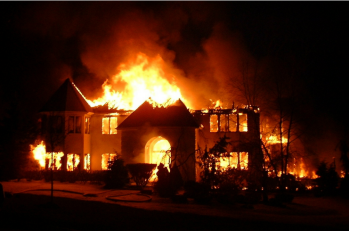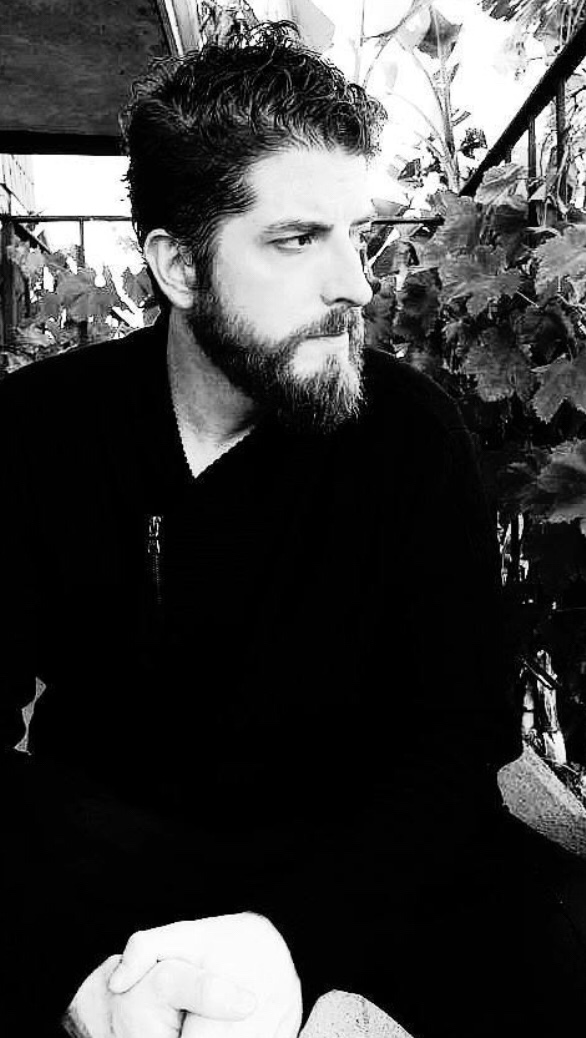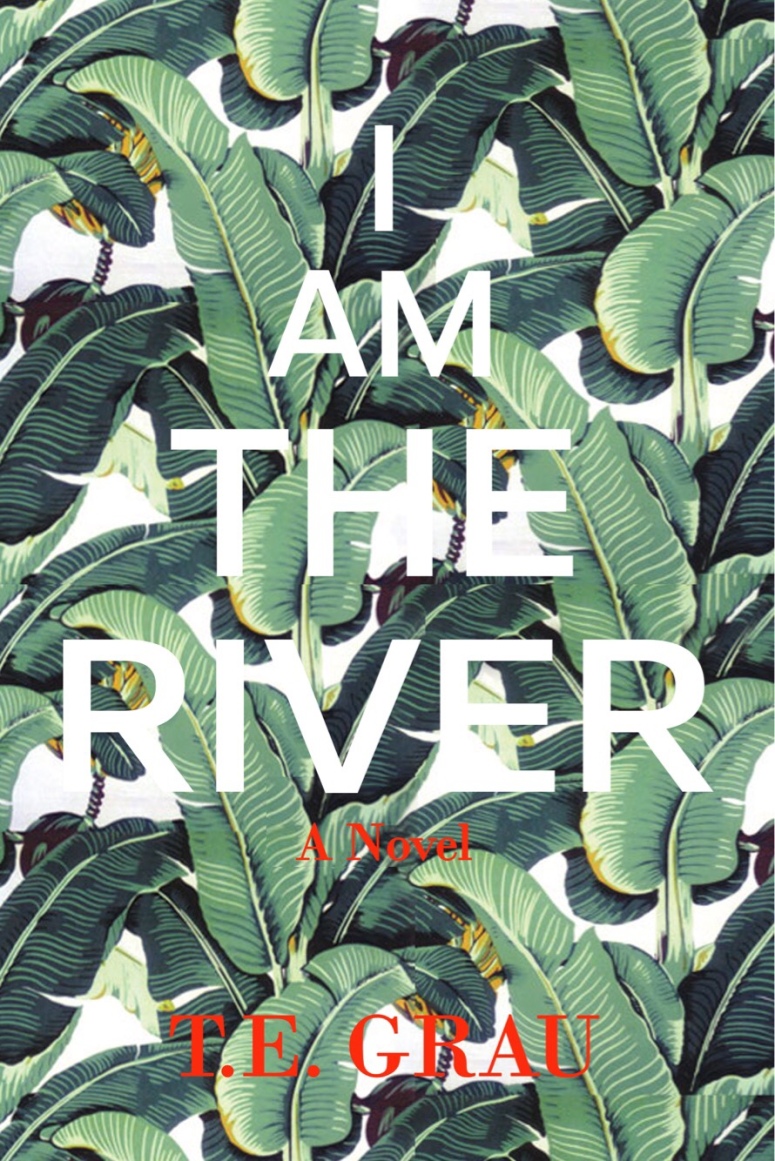By Bob Freville
I know you. You’re a sick little prick. You like to watch people get maimed and murdered, but lately that’s not doing it for you. You want more. Like that Billions guy getting his rocks off by taking an Asian girl’s eyeball out in Eli Roth’s Hostel, you need more. More. MORE!!!
Well, I’m your pusherman, brother. Yeah, I got the goods.
If you need awful, ungodly delights that you’d be too ashamed to tell your mother about, you’ve come to the right place, Jack.
It’s motherfuckin’ Samhain, mang! So, let’s do this bitch up right and flip those nines to show the sign. Here are 666 Scary Things to Make Your Halloween Lit! I dare you to binge them without purging.

1. The Human Centipede (Full Sequence)
If you’re anything like the rest of us, you’ve pulled your pud so many times you damn near ripped it off. But have you ever choked it with razor wire…in black and white? Didn’t think so. Try this groty gorefest on for size and see if it don’t fit your scatalogical needs like a Fleshlight.
2. Talk about the Kavanaugh Hearings with your relatives.
Sure, you already know it’s gonna happen over Thanksgiving dinner, but why not get a jump on things? Only do it in style by snorting plenty of coke, and decorating your living room with water coolers and calendars. Teach the family dog how to boof and you’re bound to have a blast!

3. Purge your neighbors.
Nobody’ll notice. If the Hulu anthology series’ first entry, The Body, doesn’t have you convinced, consider this: In 2014, folks in Farmingdale, NY mistook a severed head for a Halloween prank.
4. Smoke Spice and Eat Your Partner’s Face.
Tastes just like chicken…or liver, to be more accurate.
5. Leave your car idling.
There are few things more scary than global warming. Do your part to make it happen.

6. Light your house on fire.
If we’re being honest, there’s no such thing as equity anyway. You don’t own your house, the taxman does. Let’s show that greedy sonovabitch who’s really in charge. You said you want your Halloween to be lit, didn’t you?
Now that you’ve alienated your family, murdered your neighbors, demolished your domicile and committed cannibalism, it’s time to unwind. Even kids with razor blades in their throats deserve a break.
Let’s chill things out with a bowl of candy, a couple righteous bong blows and a late night of scary movies…in your neighbor’s house cuz they won’t mind…can’t…can’t mind. You murdered them! Hahahahahahahahaha!!!!!!!
So what of the 660 other scary things? For brevity’s sake, I’m just gonna rattle ‘em off for ya. Make of this what you will.

Fruitcake, bacon soda, deviled eggs, reality TV, near beer, Chuck Schumer, Ted Cruz, The Golden Girls DVD Box Set, Crocs, man girdles, Dan Schneider, mud butt, man buns, cinnamon spice hummus, Montauk Monster, Slumber Party Massacre II, Chad Lowe, genocide, fried pickles, apartheid, doomsday, skank weed, price gouging, falsies, Chazz Palmintieri, off-brand cheese puffs, sickle cell anemia, pomegranate, plantain chips, asparagus, Amy Schumer, butt implants, Weinstein, beetroot, mustaches, cock rings, boot camp, James Woods, brain cancer, martyrs, anal prolapse, Katherine Heigl, toe socks, mosquitoes, Greg Paul, Logan Paul, Marmite, giant babies, normal size babies, Bad Bhabie, codpieces, cod salad, cumberbunds, Catholic priests, Protestants with bowl cuts, Jews with comb-overs, atheists with pop overs, wet sleeves, inner-nose pimples, green stool, Menopause, Men O’ Stop, Men O’ NAMBLA, elevator farts, elevator small talk, elevator breakdowns, unexpected ethnic food with in-laws, Idi Amin, Aryan Nation, Zulu Nation, Alien Nation, Quantum Leap, quantum physics, Kanye West, Carrot Top’s face, Matt Lauer’s hands, Chuck Lorre’s reach, The Conners, The Trumps, The Clintons, The Joneses, the Ramones (ghosts!), remakes, reboots, reimaginings, re-entry, realignment, rectal exams, Racism, reverse racism, recidivism, Rand Paul, Ron Burgundy, that episode of Sesame Street with the Wicked Witch of the West that was never aired again (and possibly destroyed), that episode of Blossom where you realized that an underage Six was being sexualized, every single fucking episode of Saved by the Bell, the crazy case of Elisa Lam, the confusing case of Dyatlov Pass, the curious case of Benjamin Button, flu shots, coffee enemas, asshole bleaching, Goop, scooters, singing (you know who you are and we pray for your urethra) crabcakes, G-Easy, Hot Topic employees, syphilis, Holocaust deniers, dad jokes, granny panties, sister wives, condoms, Fleshlights, rectal polyps, Whitney Cummings, timeshares, tuberculosis, boy bands, hanging out with Louis CK if you’re a woman, hanging out with Kevin Spacey if you’re a man, hanging out with Mike Pence if you’re a human being, standing in line at a Marshalls, shopping for anything at Bed Bath & Beyond, dining in at Rallys, dining “out” at Chick Filet, paying for water, fucking in a Mazda 4, masturbating in a work bathroom, measles, mites, menopause, mugwumps, Michael Cera, gerrymandering, geriatrics, jelly rolls, heat stroke, self-driving cars, motel room deposits, Jehovah’s witnesses, robo calls, Dirty Sanchez, neckties, celiac disease, people who claim to have celiac disease, celery, Rand Paul, popcorn lung, junk mail, cho-mos of the cloth, church donation trays, white guys who call themselves Trey, ironic bowties, man buns, Menudo, J-Pop, Jared from Subway, Vladimir Putin, Kavanaugh boofin, Hillary Googling, Harvey Weinstein doing anything at all, KFC tuna melts, Taco Bell shrimp tacos, mud butt, mechanically processed beef, Blump’s Weaselroni, Trump’s weasel cronies, Barack Obama’s waistline (Did I do thaaat?), mandatory minimum sentencing, quinoa, napalm, whimsical haiku, proto-Fascists, uppity gays, sexless heterosexual Incels, armed heterosexual Incels, Incels with arms, neo-Nazis, Pro Life marchers, Maxim subscribers, Cosmo subscribers, pamphlet libertarians, cable providers, customer service reps, teenage cashiers, elderly security guards, middle-aged hippies, prepubescent idealogues, millennial conspiracy theorists, flaccid penises, acrid vaginas, grundles of all stripes/smells, Dr. Pimple Popper (should be popped like a zit on sight), hopelessly resinated bowls, Dr. Drew, Dr. Oz, Dr. Feelgood, Dr. Acula (RIP, Ed Wood), cheese “product”, bath salts, synthetic weed, bogus charities, ugly sweaters, CVS shoppers, racist Rite Aid employees, Starbucks, starfuckers, Heineken, hemorrhoids, windbag novelists, flatulent elevator lurkers, bong experts, drug-sniffing dogs, fart-sniffing elitists, separatists, solipsists, stigmatists, cunning linguists, Persians, airport Hare Krishnas, Warped Tour buddhists, warehouse rave cultists, the Zeitgeist movement, the Alt-Right movement, post-Chipotle bowel movement, pre-cum, premature balding, nipple hair, penis cheese, le Nouvelle Droite, bukkake, hair transplants, snake massages, butt implants, blue waffles, Bum Wars, bulging fontanelles, rectal thermometers, The Human Genome Project! The CIA! The NSA, frogs that turned people gay because of heavy metals in our drinking water! TOADS RAINING FROM THE SKY! THE END AS MANUFACTURED BY THE NEW WORLD ORDER! RHINOPLASTY HEDGEHOG HORNETS NEST BUZZSAWQ RAZORBLADE BUTT PILE 2562 BIGFOOT AIDS @ SALAMANDER SATAN FRIES GYAAAAH!!!!
[Editor’s Note: It’s at this point in Freville’s diatribe that our senior editor began speaking in tongues and frothing at the mouth. He was spirited away to the nearest hospital for psychiatric evaluation. We may never know what the final 410 terrifying things may have been, but we can glean some idea of what they may have been by looking at the following photograph.]












